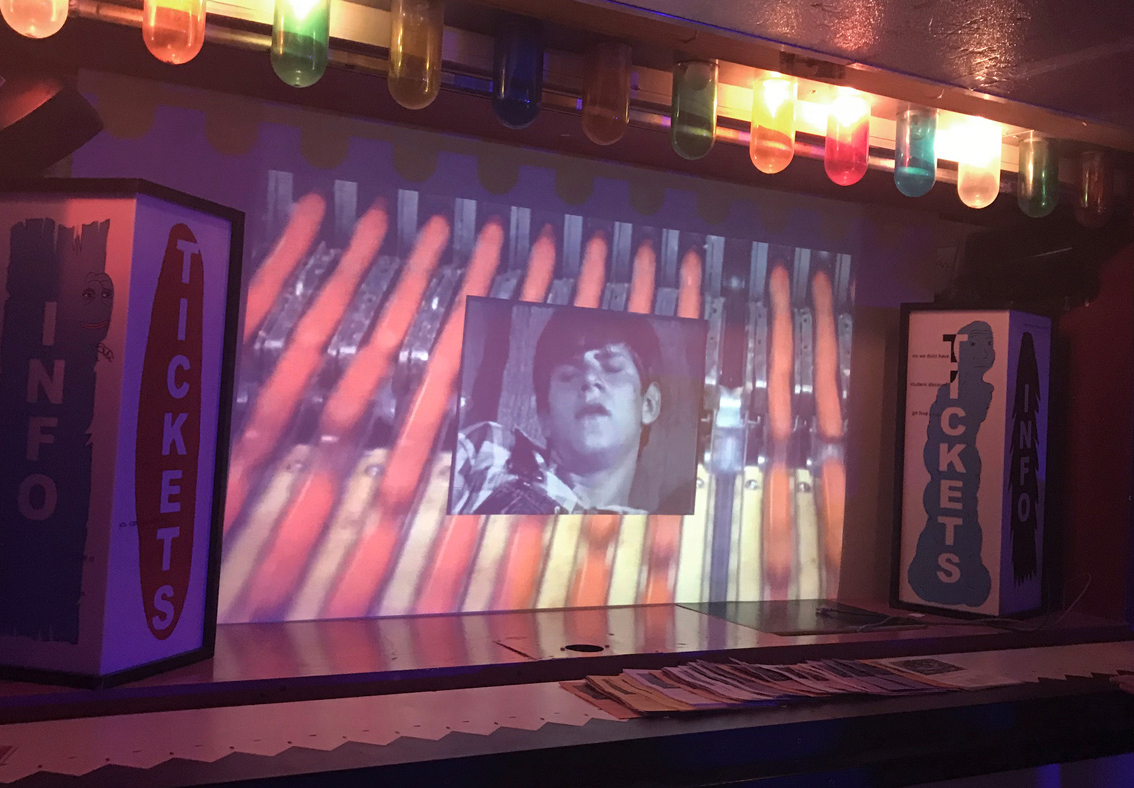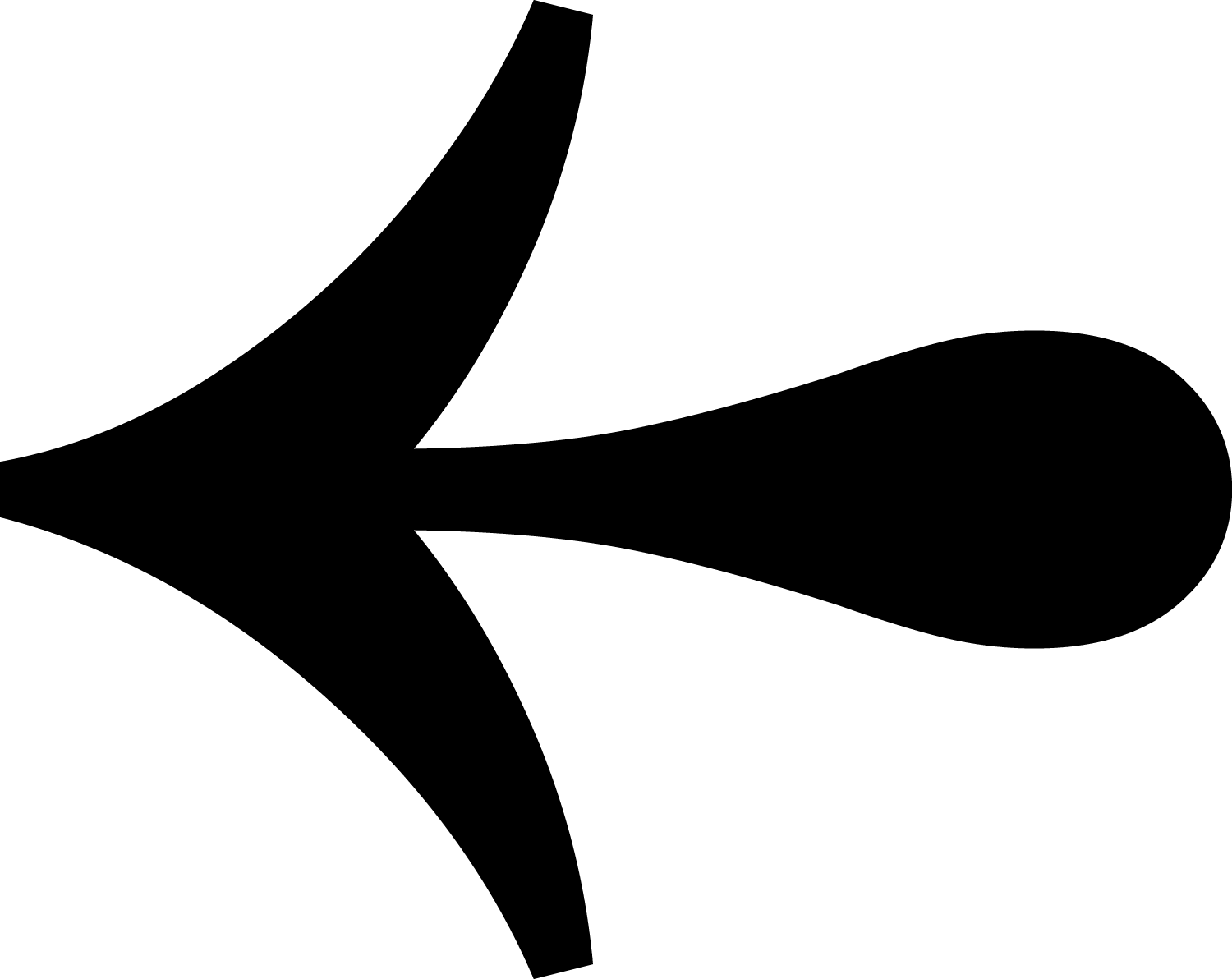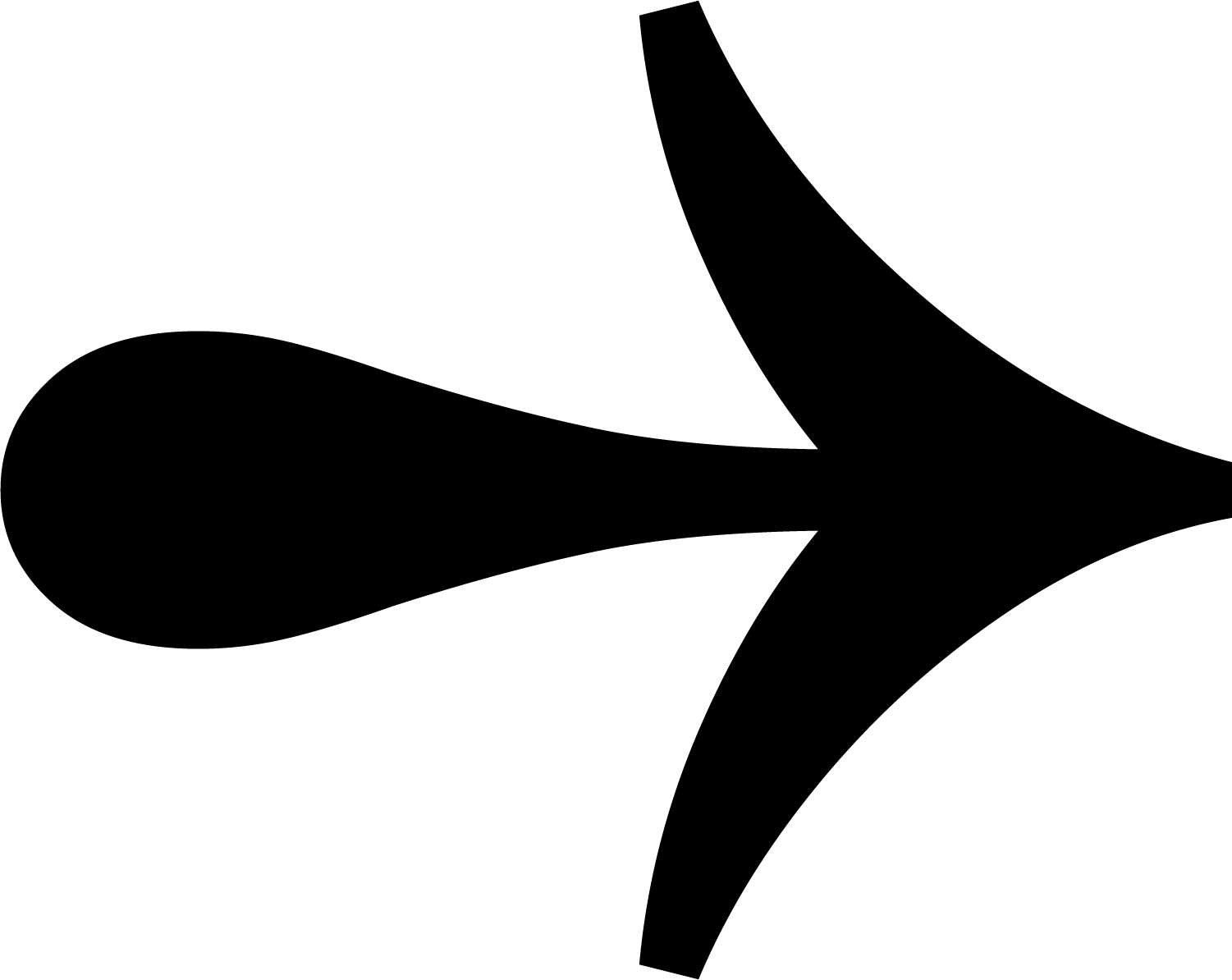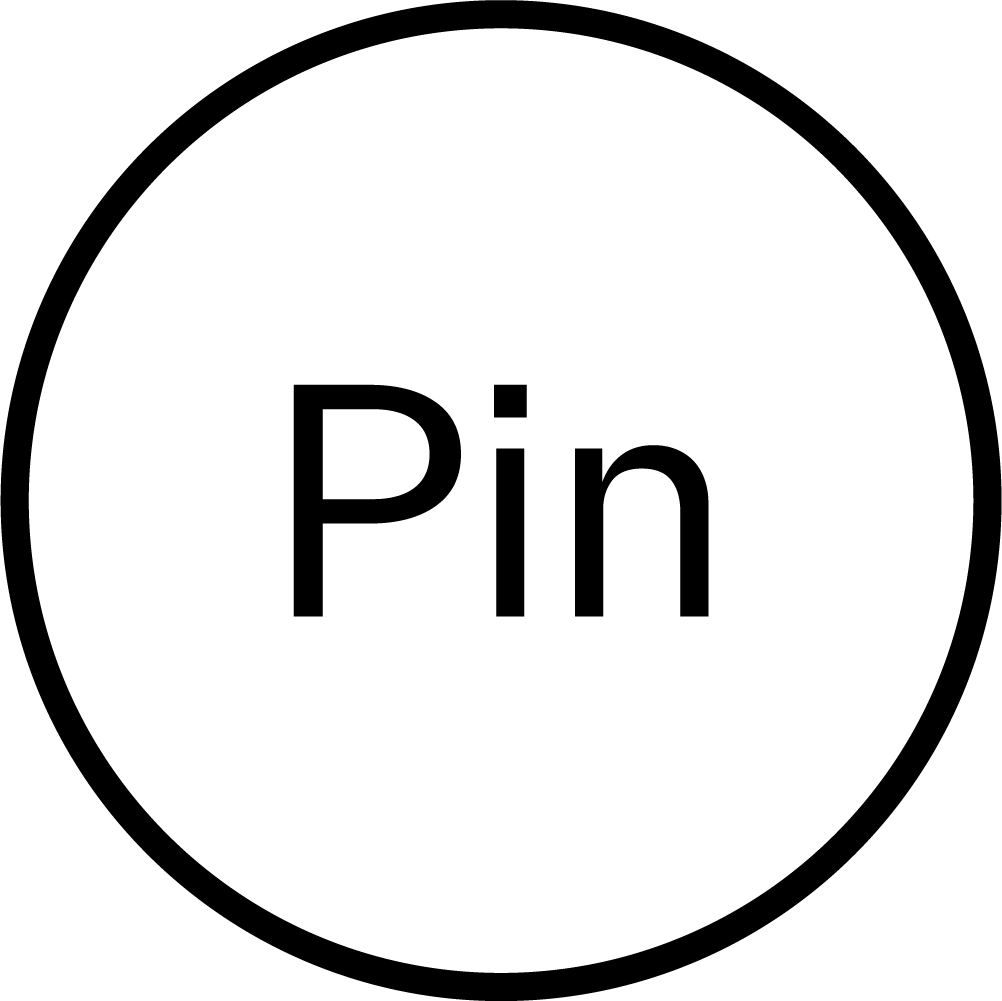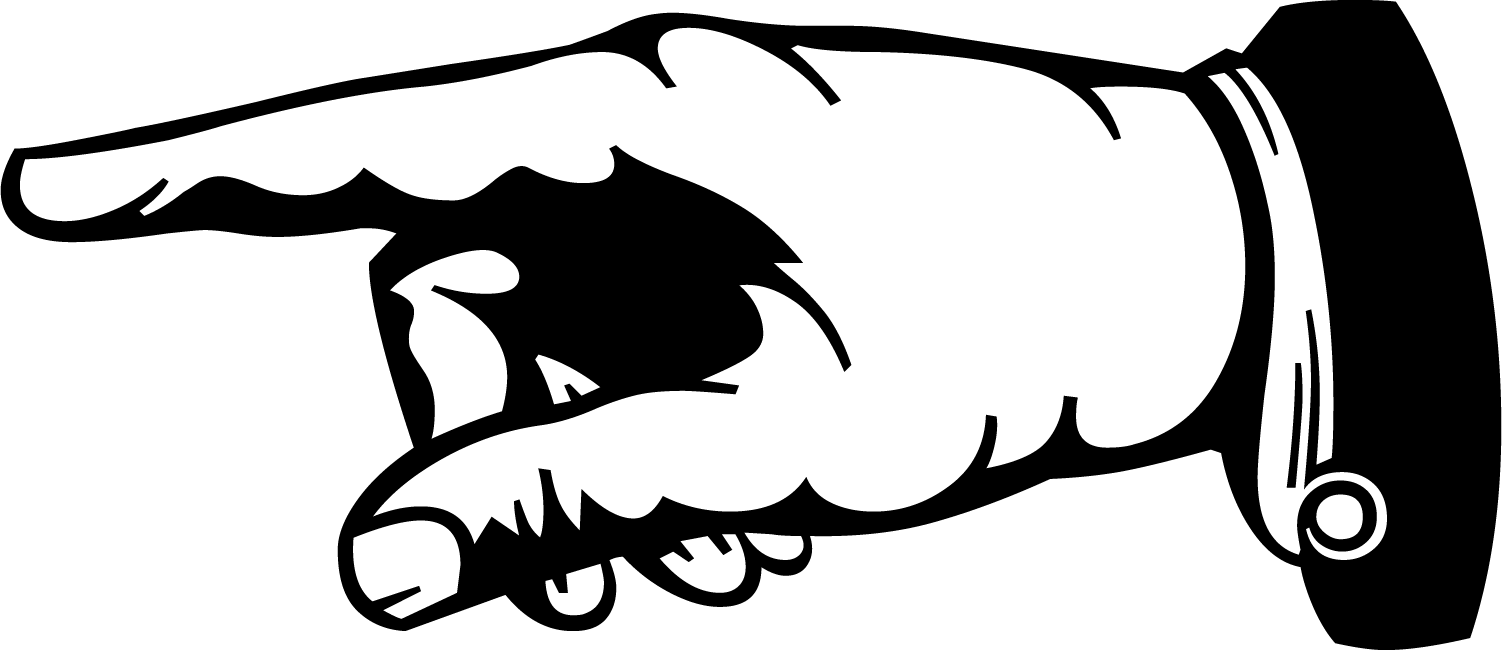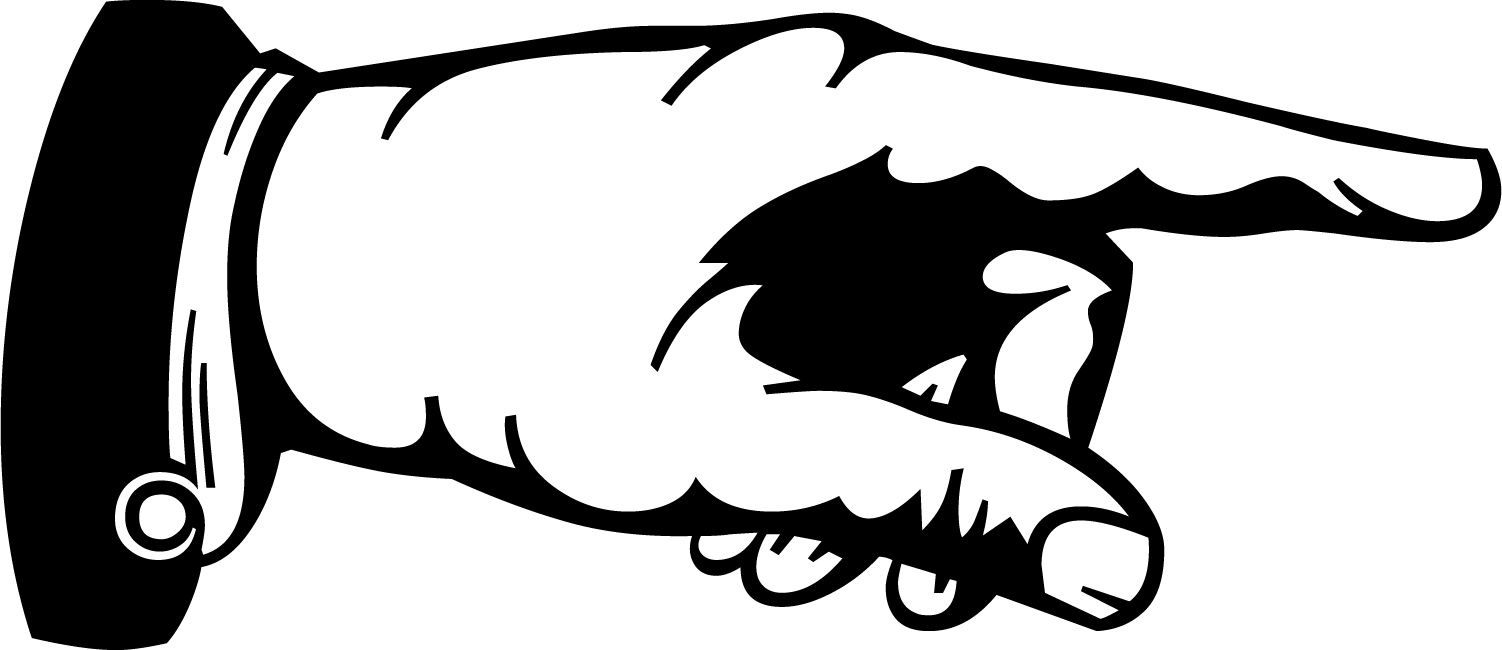Al-Archive x WORM
Time: 2 Days
N. of participants: 8
Through the use of content from the WORM Pirate Bay multimedia archives, our 2-day workshop provided a space for interdisciplinary collaboration. With the chosen theme ‘political shame’ and the short movie outcome to be shown during Museum Night 2018, WORM Pirate Bay archives opened for reference collecting and materials.
Outcome title: THE FALL OF THE BERLIN WALL, 1989. Genre: Political Porno. 2’20’’ video-loop.
The 80s witnessed the buildup of a political and activist momentum leading to the fall of the Berlin wall. Protestors flooded the streets, reclaiming their city and rebelling against the divide. The era represents an accumulation of erotica, punk and repressed shame leading to a climax. Political shame led to a historical revelation, however, the rise of consumerism coupled with a passivity beginning in the 90s, rebuilt the wall that is now ready for another earth-shattering orgasm.
Al-Archive is a workshop series inviting visual makers (designers, visual artists, photographers, animators, etc.) to visualize key moments in our recent history through the comparison of sources and contexts. The multiple outcomes and perspectives collected are mediated as a ‘subjective archive’ targeting communication and media platforms. Moreover, the workshop encourages cross-disciplinary collaborations with journalists, writers, historians and researchers from different disciplines. In this pilot edition hosted by PrintRoom-Rotterdam, the participants re-archived 9/11 using multiple sources.
Subjective archiving:
A culture is represented through different vehicles. Documentation itself, serves as a functional tool for research and an effective way to represent data and trace identity narratives. In conjunction with mapping and archiving, these tools used to chronicle history are used as supporting facts to substantiate credibility and truth. However, in most cases, these tools are highly altered by the power of politics, class and cultural hegemony.
Like bombers and submarines, maps are indispensable instruments of war. In the light of the information they provide, momentous strategic decisions are being made today (Wright, 1942). It is fact that maps, as well as archives are drawn and assimilated by men and currently generated and maintained by technology. Every work of documentation is a reflection – partly of objective realities and partly of subjective elements that mirror notions of hierarchy. Because of this and like any other form of communication and design, archives hold unparalleled storytelling potential and can help form collective opinion and build public morale without ever being free from political charges.
Every archive is an abstraction, and the designer decides what to exclude and what to include, what is irrelevant and what is important. How then can we re-design and re-archive crucial milestones in our recent history? What would a certain key date mean in different contexts and how are specific incidents covered on multiple media platforms and visually diffused to audiences?
Multiple sources:
The workshop intends to maximize criticality in design at times when initiatives around the world are lobbying for a total decolonization of design education, aimed at igniting a change in power and perspective. Knowledge, a product of artistic and design research, should thus consider a decentralized starting point, stirring away from the role of the ‘center’. If design is seeking a serious alliance with criticality and a wider reach to communal realms, the production of knowledge should use multiple sources.
A long-term impact is conditioned by three main dynamics:
- Freeing the outputs from academic seclusion and colonial Eurocentrism to facilitate accessibility
- Being aware of identity representation constraints
- Considering the impact of the output as a potential platform for the maker as well as the audience, giving birth to a voice/platform rather than a volatile economy of artistic knowledge.
When further developed and mediated, the workshop’s outcomes intersect with and possibly answer the following questions: How do we – visual makers – contribute to the production of knowledge? How do we re-design sources of information? How do we trace common connections, influences and milestones in our socio-political history? How do we visualize and represent news from different perspectives through intentionally subjective lenses?
Al-Archive x WORM
Time: 2 Days
N. of participants: 8
A 2-day workshop on subjective archiving using the content of the 'WORM Pirate Bay' multimedia archives at WORM-Rotterdam, providing a space for interdisciplinary collaboration.
Through the use of content from the WORM Pirate Bay multimedia archives, our 2-day workshop provided a space for interdisciplinary collaboration. With the chosen theme ‘political shame’ and the short movie outcome to be shown during Museum Night 2018, WORM Pirate Bay archives opened for reference collecting and materials.
Outcome title: THE FALL OF THE BERLIN WALL, 1989. Genre: Political Porno. 2’20’’ video-loop.
The 80s witnessed the buildup of a political and activist momentum leading to the fall of the Berlin wall. Protestors flooded the streets, reclaiming their city and rebelling against the divide. The era represents an accumulation of erotica, punk and repressed shame leading to a climax. Political shame led to a historical revelation, however, the rise of consumerism coupled with a passivity beginning in the 90s, rebuilt the wall that is now ready for another earth-shattering orgasm.
Al-Archive is a workshop series inviting visual makers (designers, visual artists, photographers, animators, etc.) to visualize key moments in our recent history through the comparison of sources and contexts. The multiple outcomes and perspectives collected are mediated as a ‘subjective archive’ targeting communication and media platforms. Moreover, the workshop encourages cross-disciplinary collaborations with journalists, writers, historians and researchers from different disciplines. In this pilot edition hosted by PrintRoom-Rotterdam, the participants re-archived 9/11 using multiple sources.
Subjective archiving:
A culture is represented through different vehicles. Documentation itself, serves as a functional tool for research and an effective way to represent data and trace identity narratives. In conjunction with mapping and archiving, these tools used to chronicle history are used as supporting facts to substantiate credibility and truth. However, in most cases, these tools are highly altered by the power of politics, class and cultural hegemony.
Like bombers and submarines, maps are indispensable instruments of war. In the light of the information they provide, momentous strategic decisions are being made today (Wright, 1942). It is fact that maps, as well as archives are drawn and assimilated by men and currently generated and maintained by technology. Every work of documentation is a reflection – partly of objective realities and partly of subjective elements that mirror notions of hierarchy. Because of this and like any other form of communication and design, archives hold unparalleled storytelling potential and can help form collective opinion and build public morale without ever being free from political charges.
Every archive is an abstraction, and the designer decides what to exclude and what to include, what is irrelevant and what is important. How then can we re-design and re-archive crucial milestones in our recent history? What would a certain key date mean in different contexts and how are specific incidents covered on multiple media platforms and visually diffused to audiences?
Multiple sources:
The workshop intends to maximize criticality in design at times when initiatives around the world are lobbying for a total decolonization of design education, aimed at igniting a change in power and perspective. Knowledge, a product of artistic and design research, should thus consider a decentralized starting point, stirring away from the role of the ‘center’. If design is seeking a serious alliance with criticality and a wider reach to communal realms, the production of knowledge should use multiple sources.
A long-term impact is conditioned by three main dynamics:
- Freeing the outputs from academic seclusion and colonial Eurocentrism to facilitate accessibility
- Being aware of identity representation constraints
- Considering the impact of the output as a potential platform for the maker as well as the audience, giving birth to a voice/platform rather than a volatile economy of artistic knowledge.
When further developed and mediated, the workshop’s outcomes intersect with and possibly answer the following questions: How do we – visual makers – contribute to the production of knowledge? How do we re-design sources of information? How do we trace common connections, influences and milestones in our socio-political history? How do we visualize and represent news from different perspectives through intentionally subjective lenses?
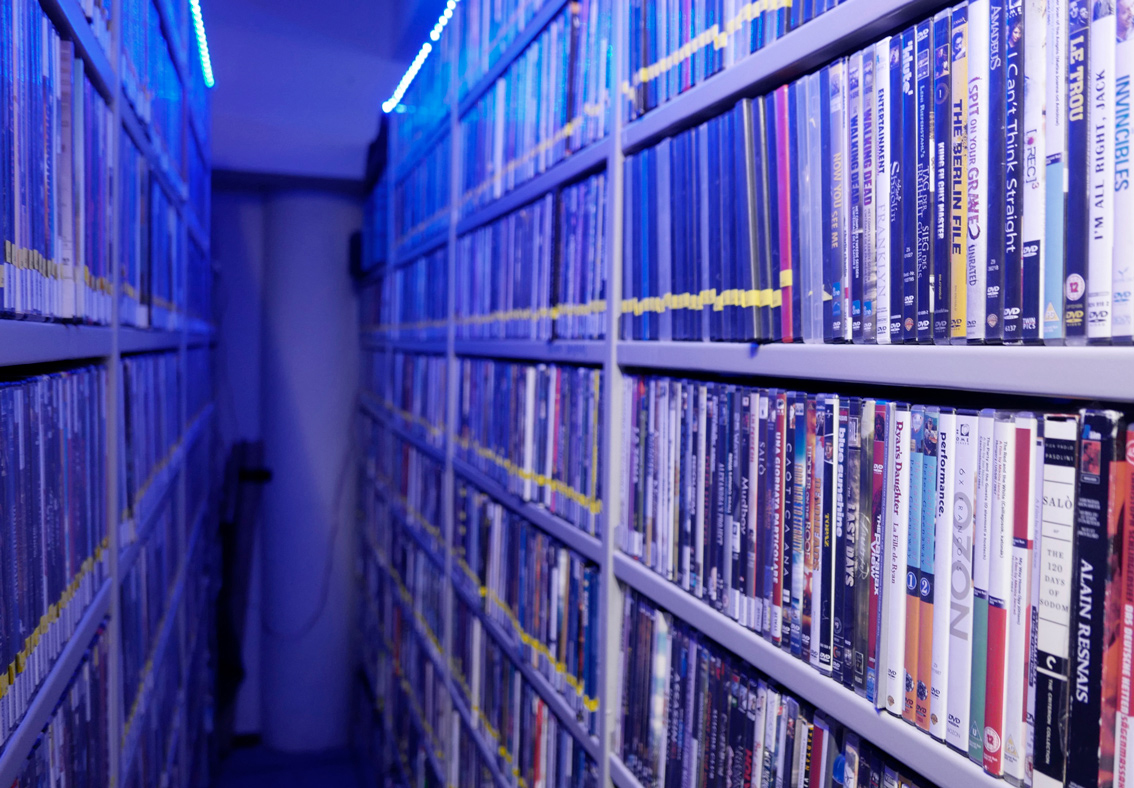
The WORM Pirate Bay Archive is an eclectic collection of avant-garde media, zines, books, DVDs, and more.
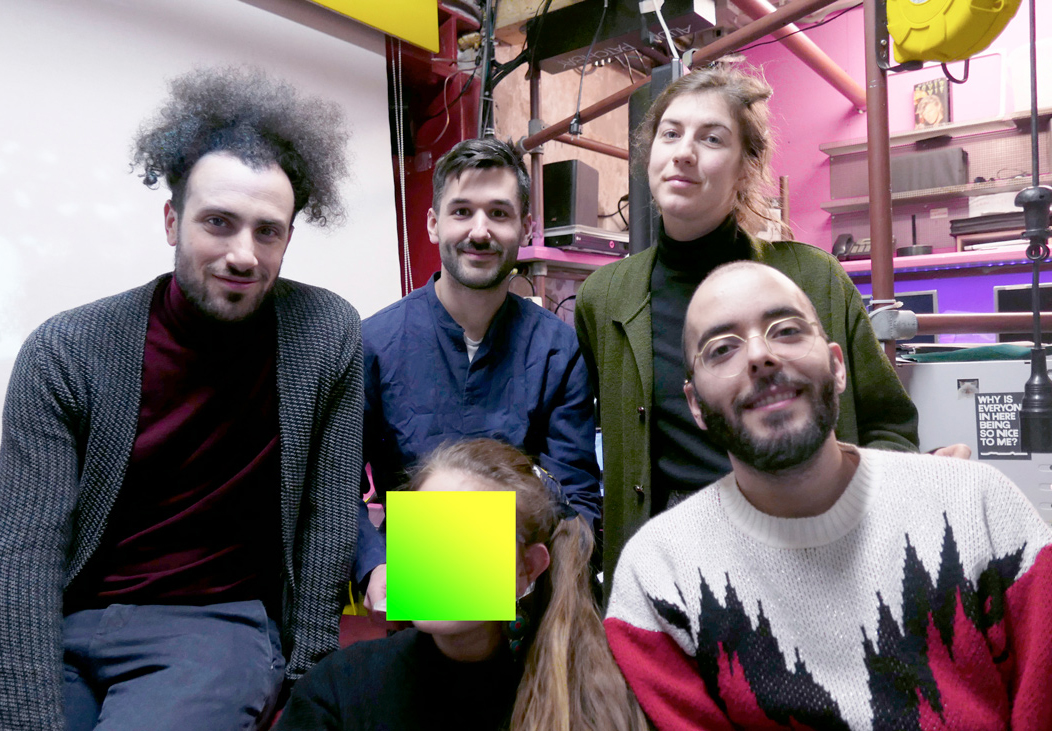
The 2-day workshop provided a space for interdisciplinary collaboration. The participants produced a short video around ‘political shame’.
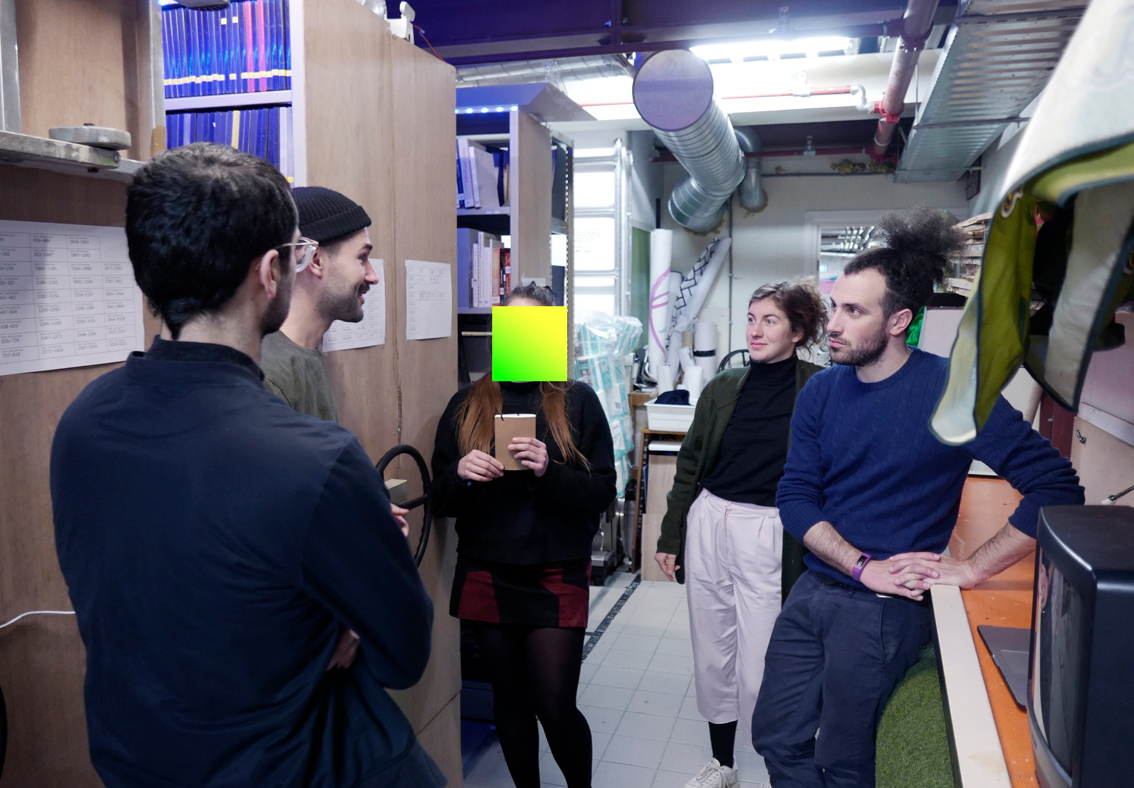
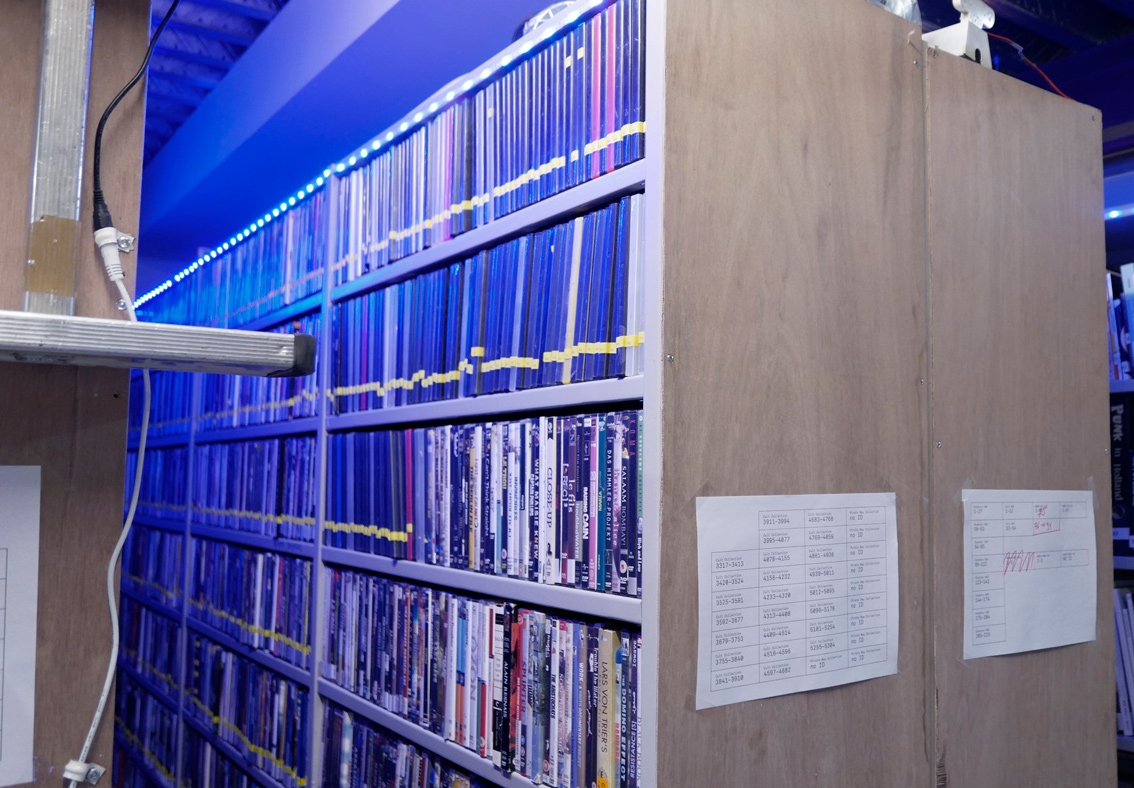
The Pirate Bay isn’t just an archive– it’s also a hub for learning, creation, experimentation, and artistic growth.
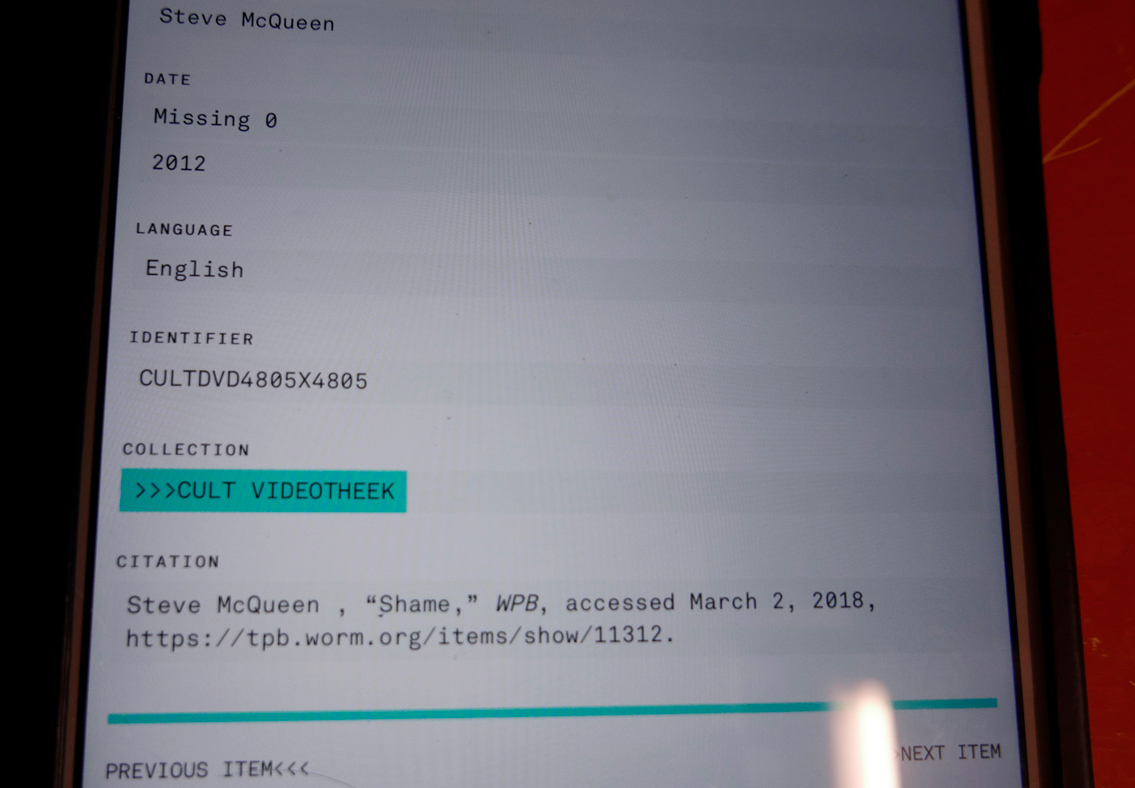
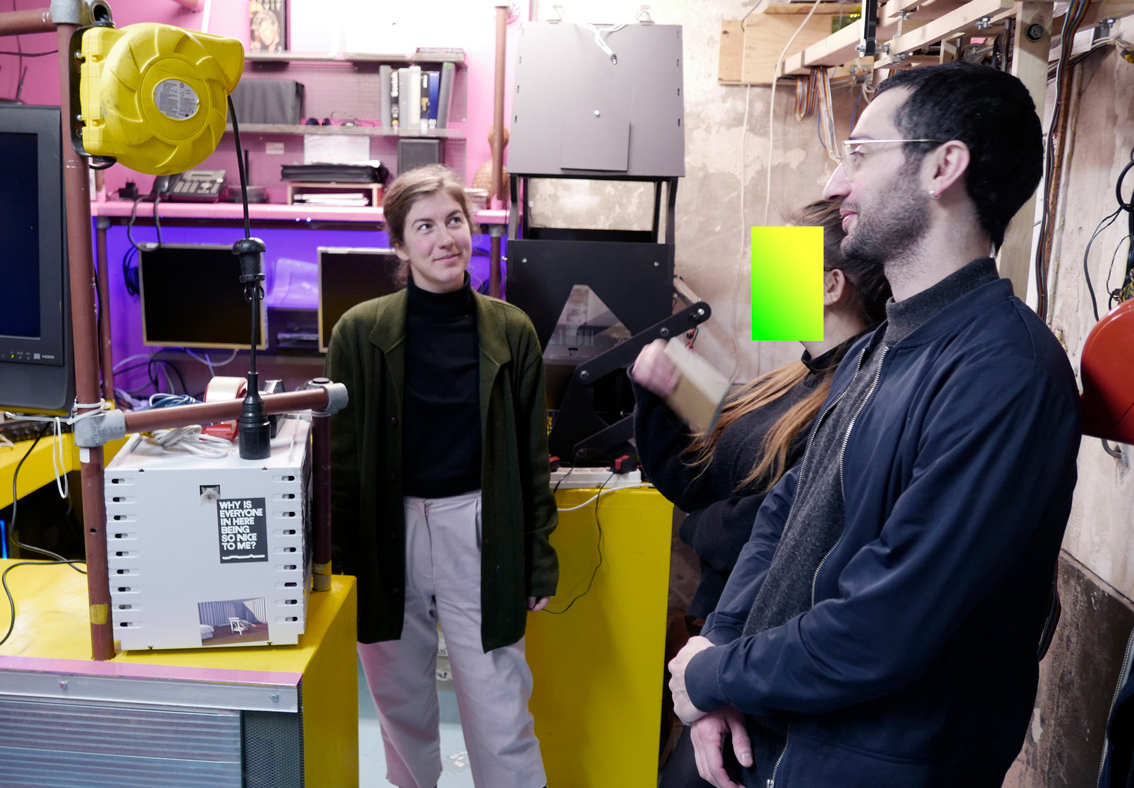
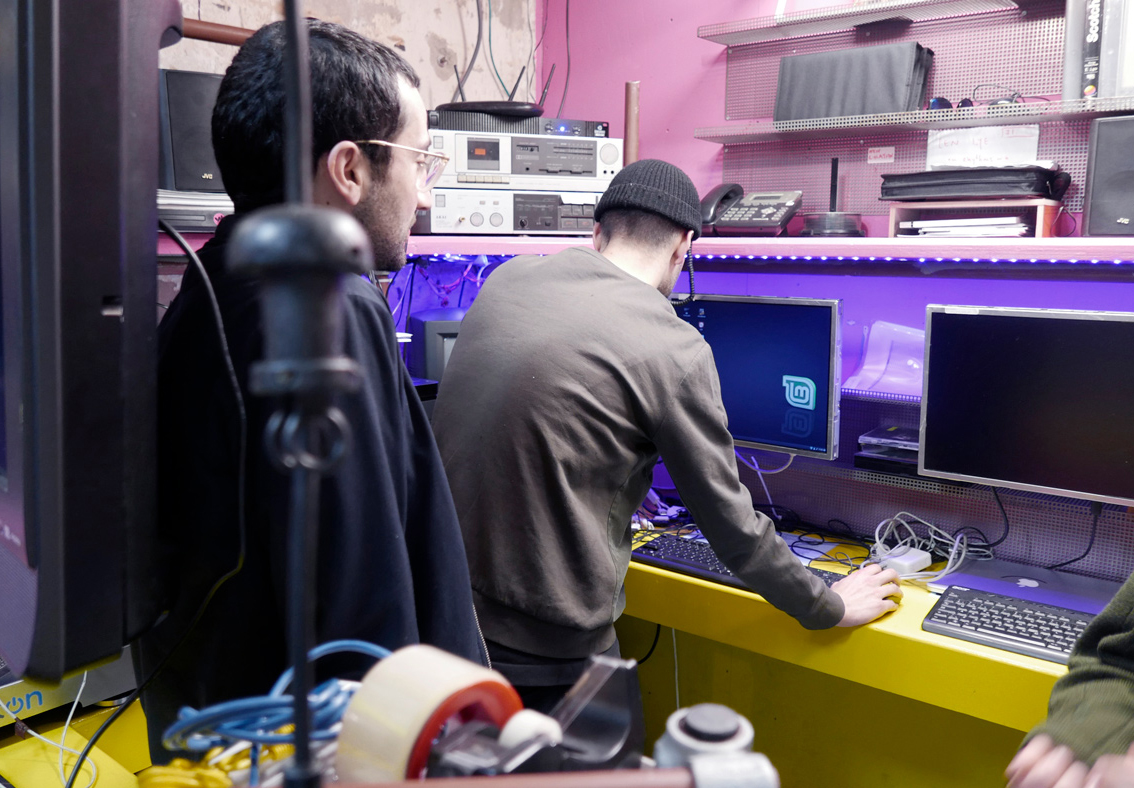
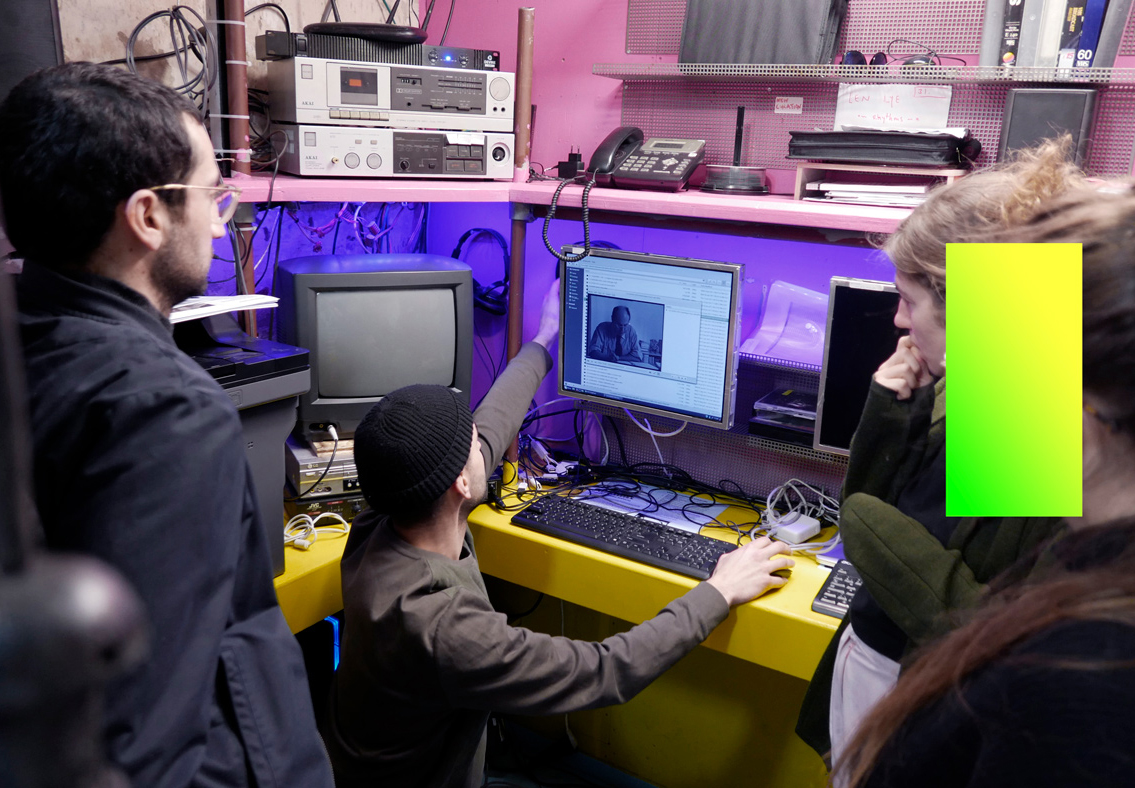
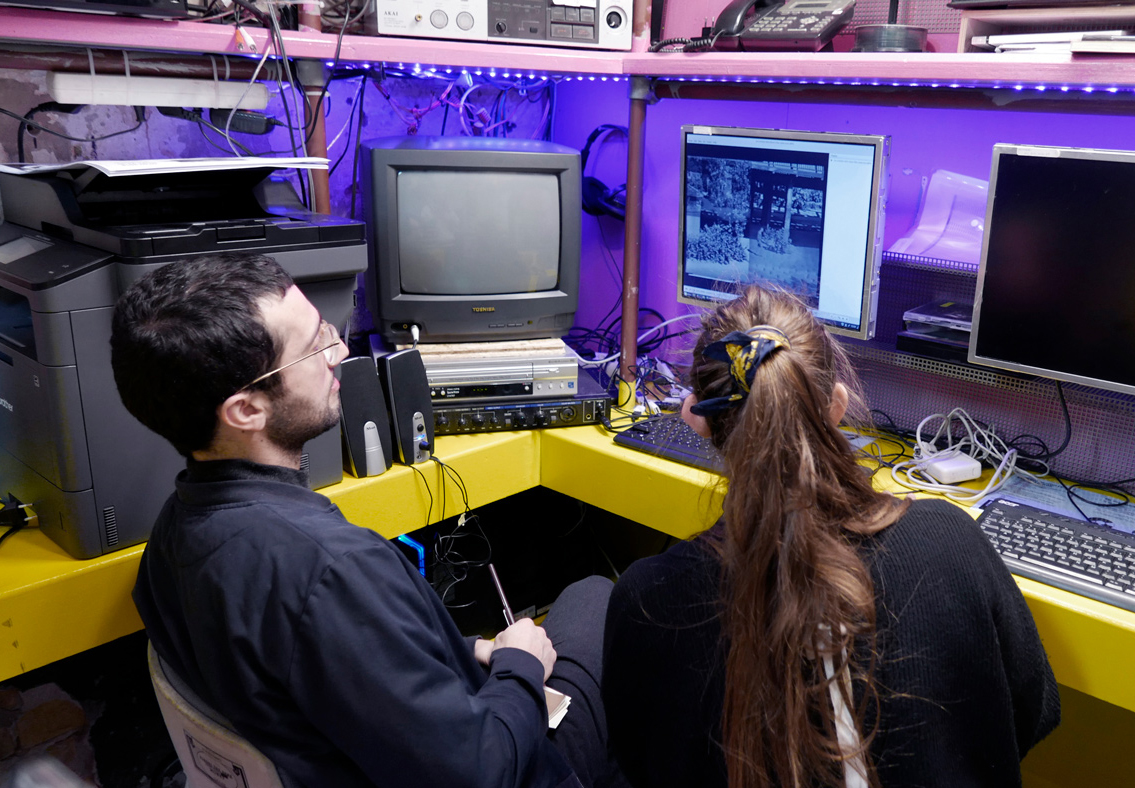
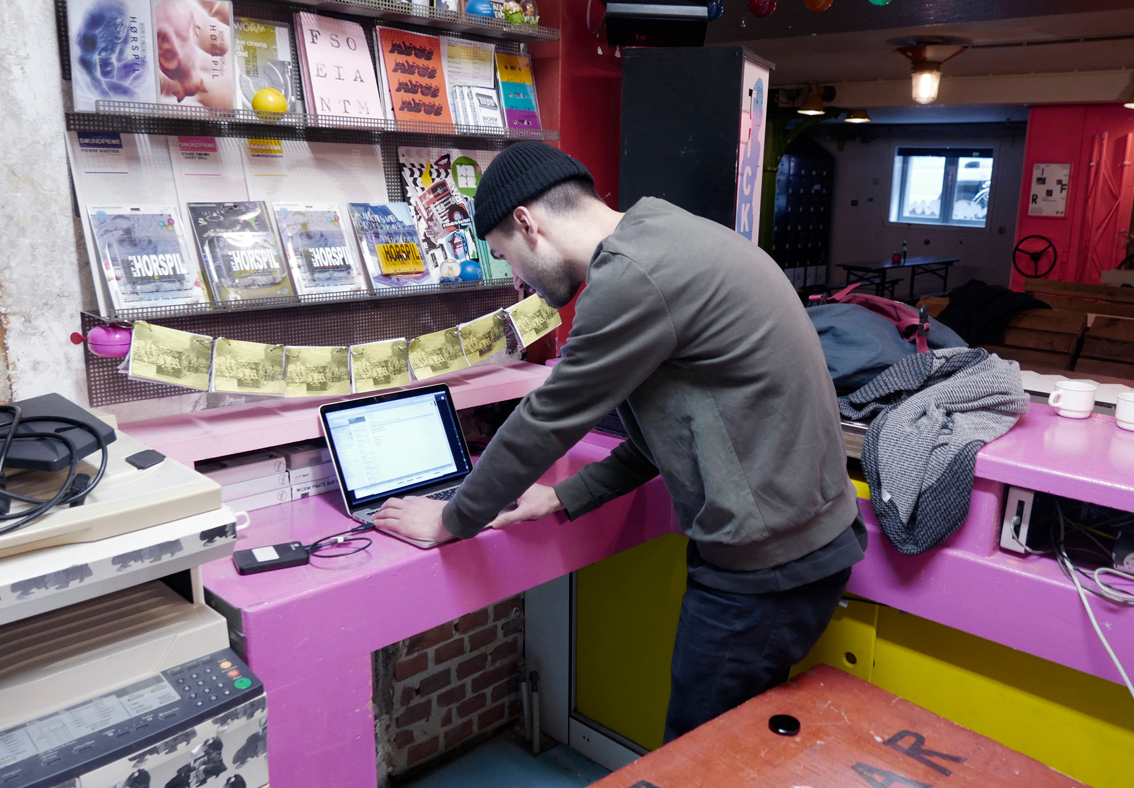
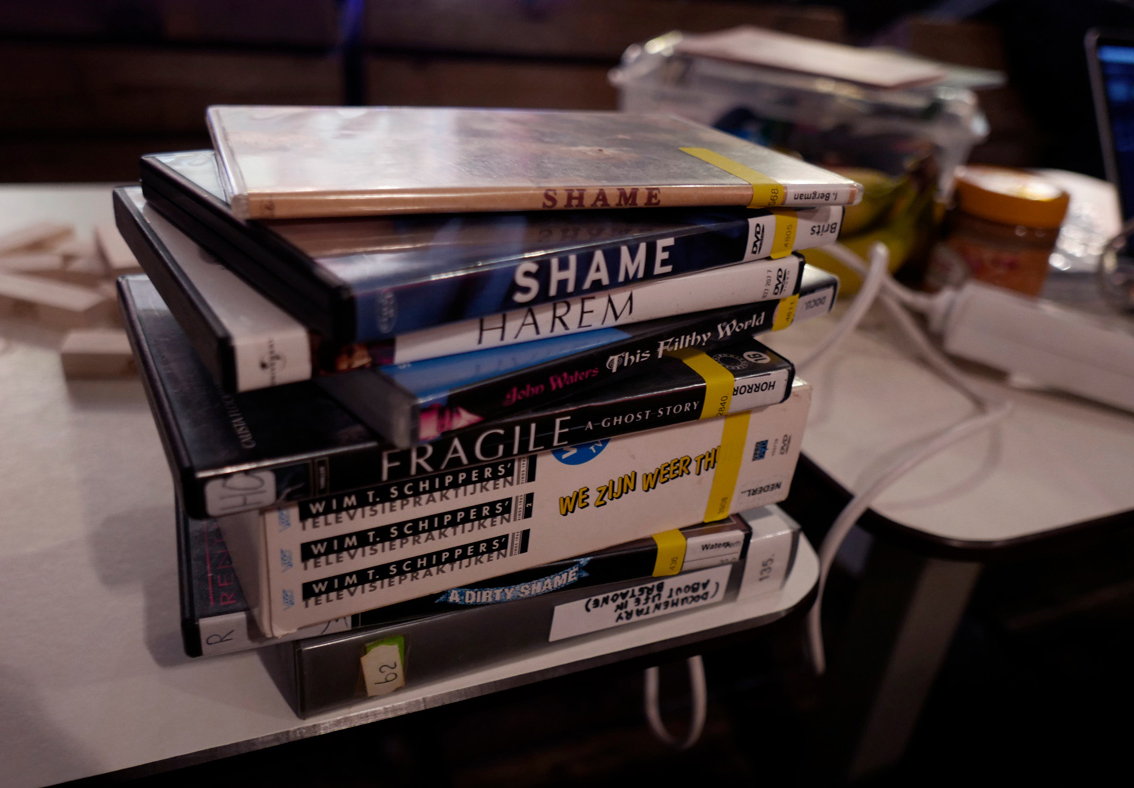
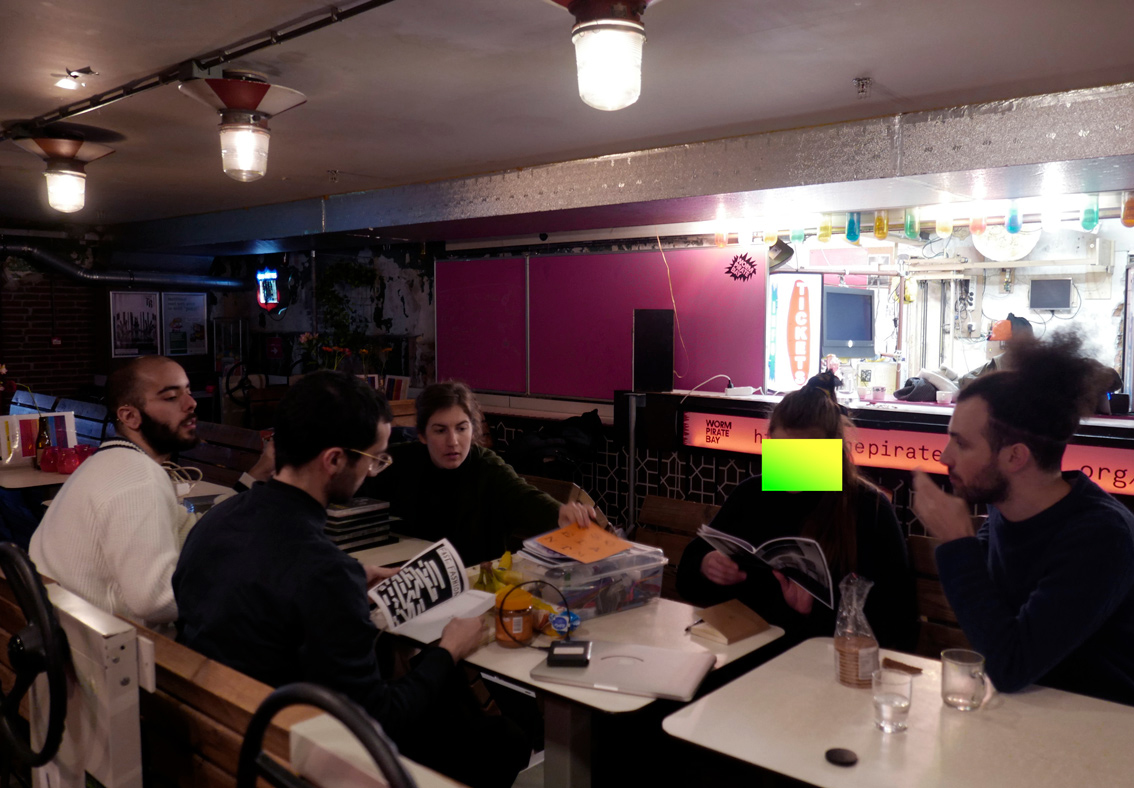
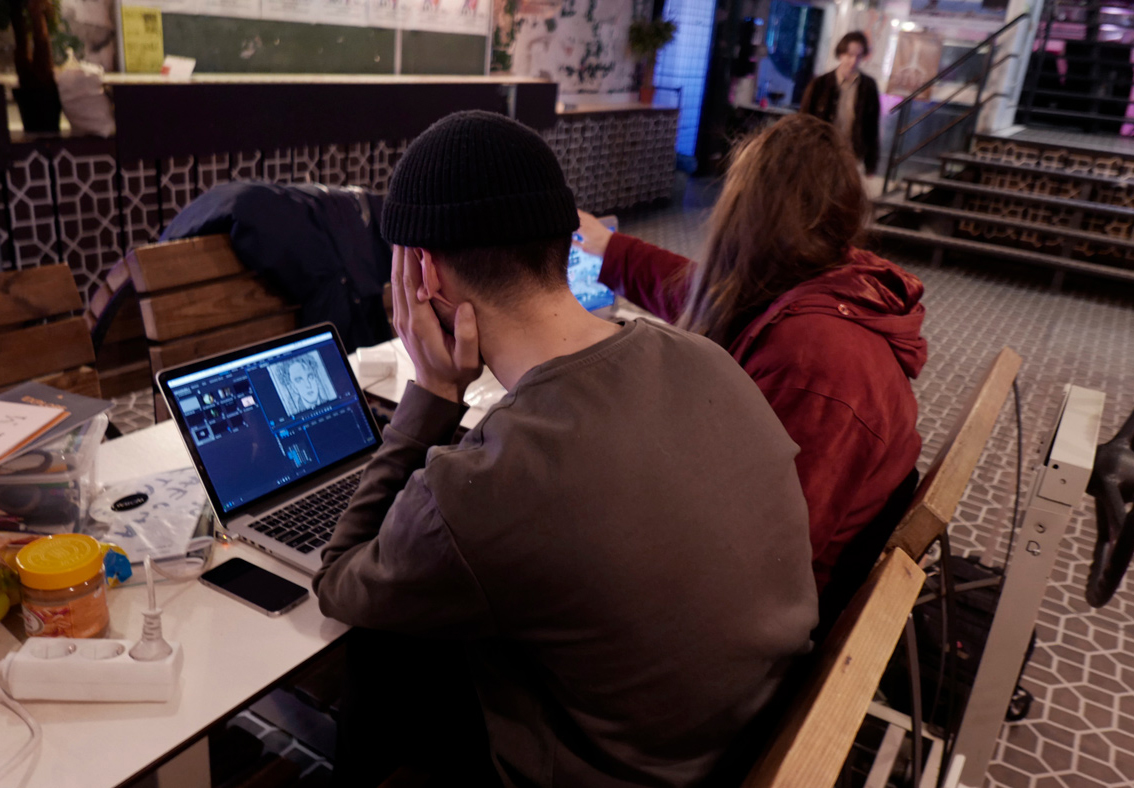
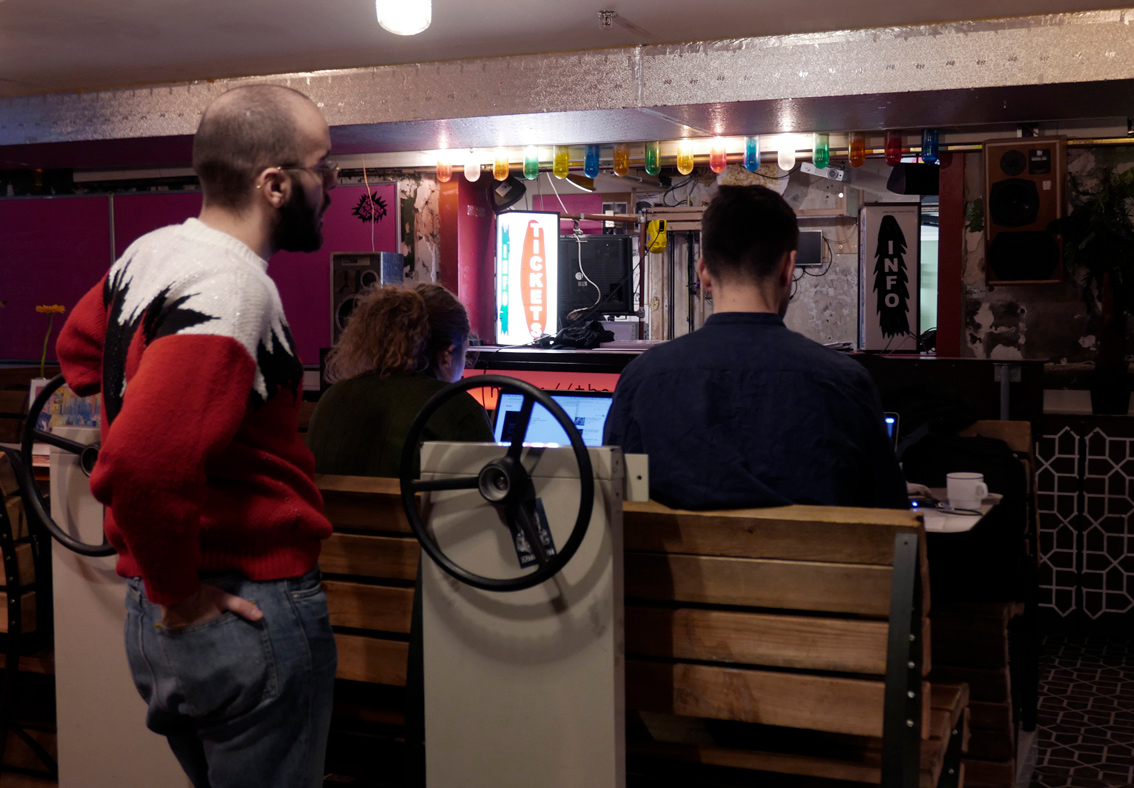
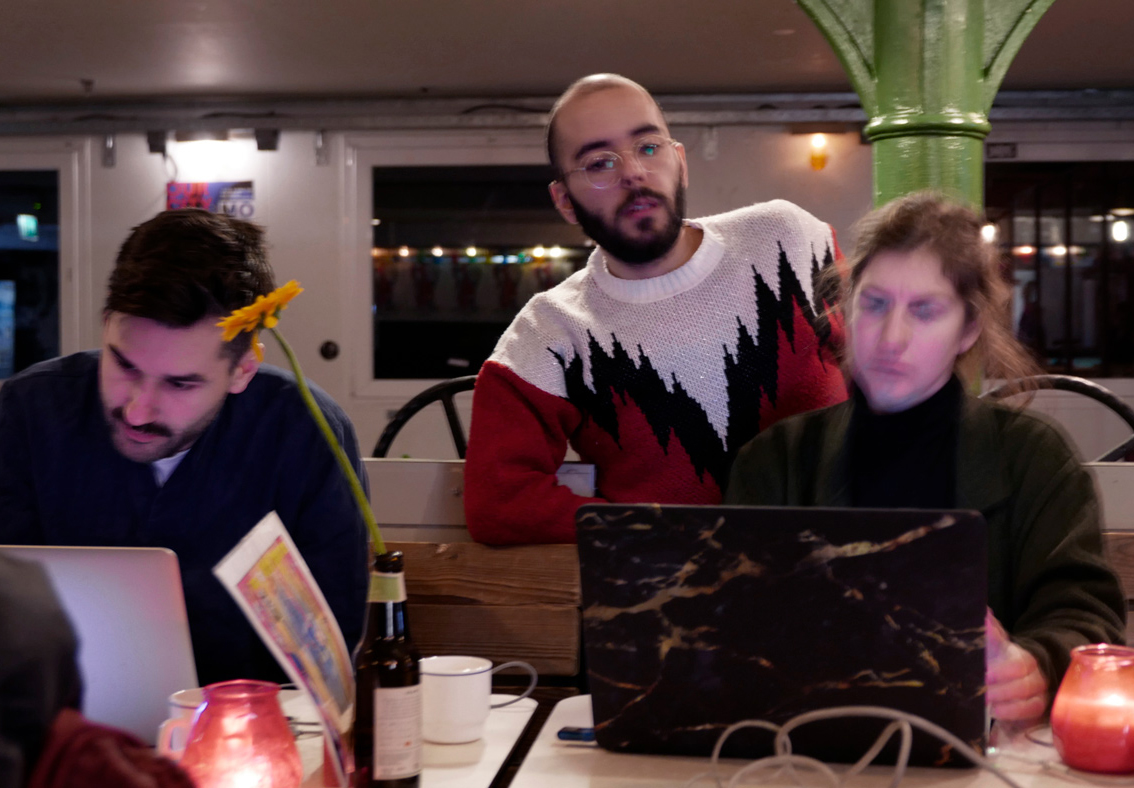
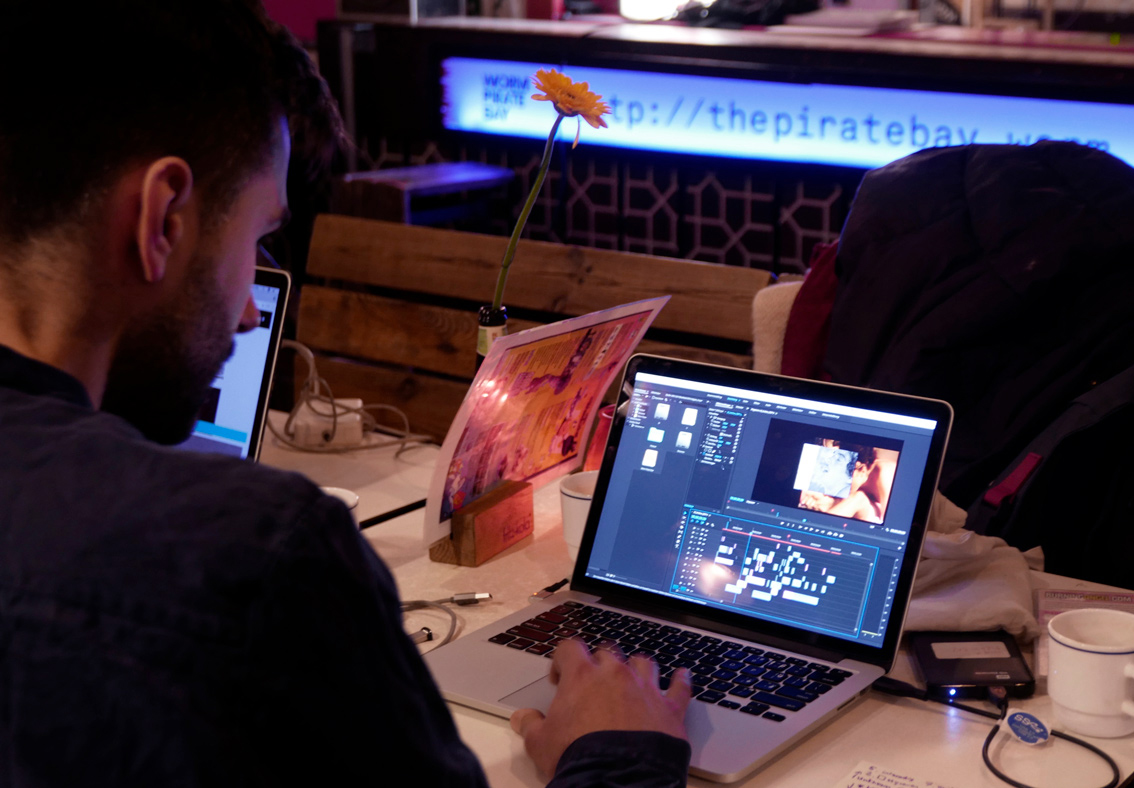
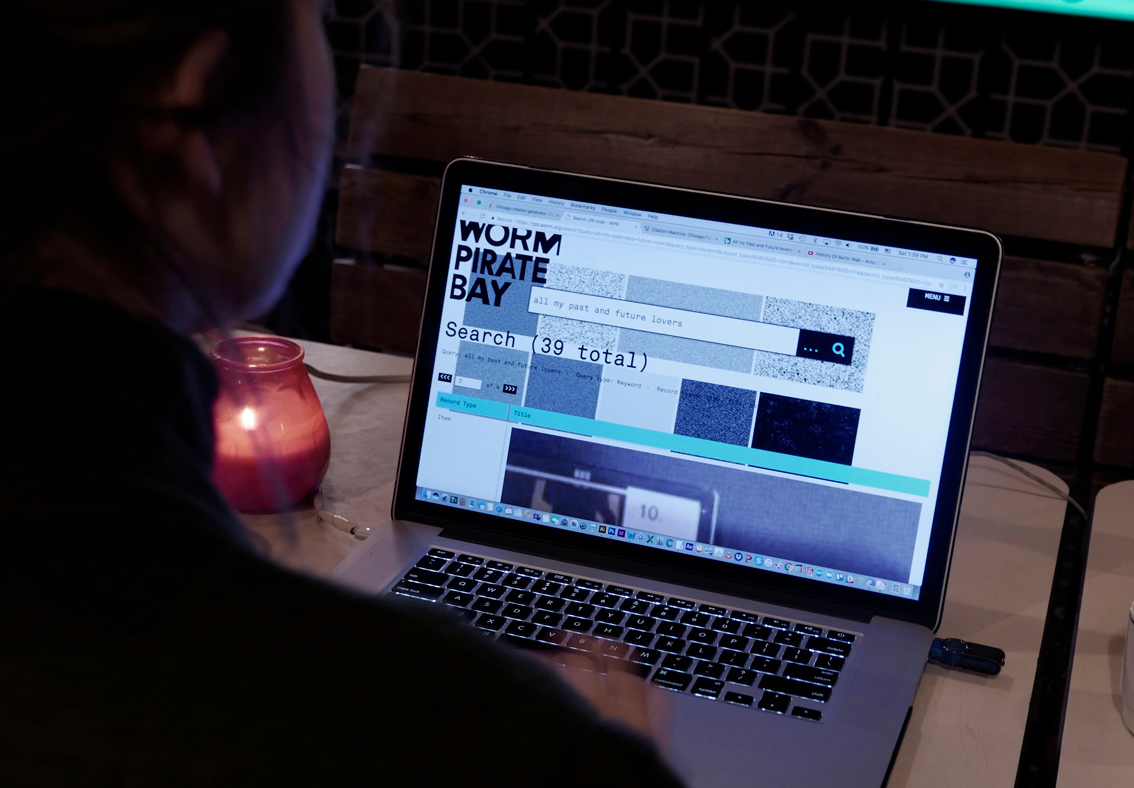
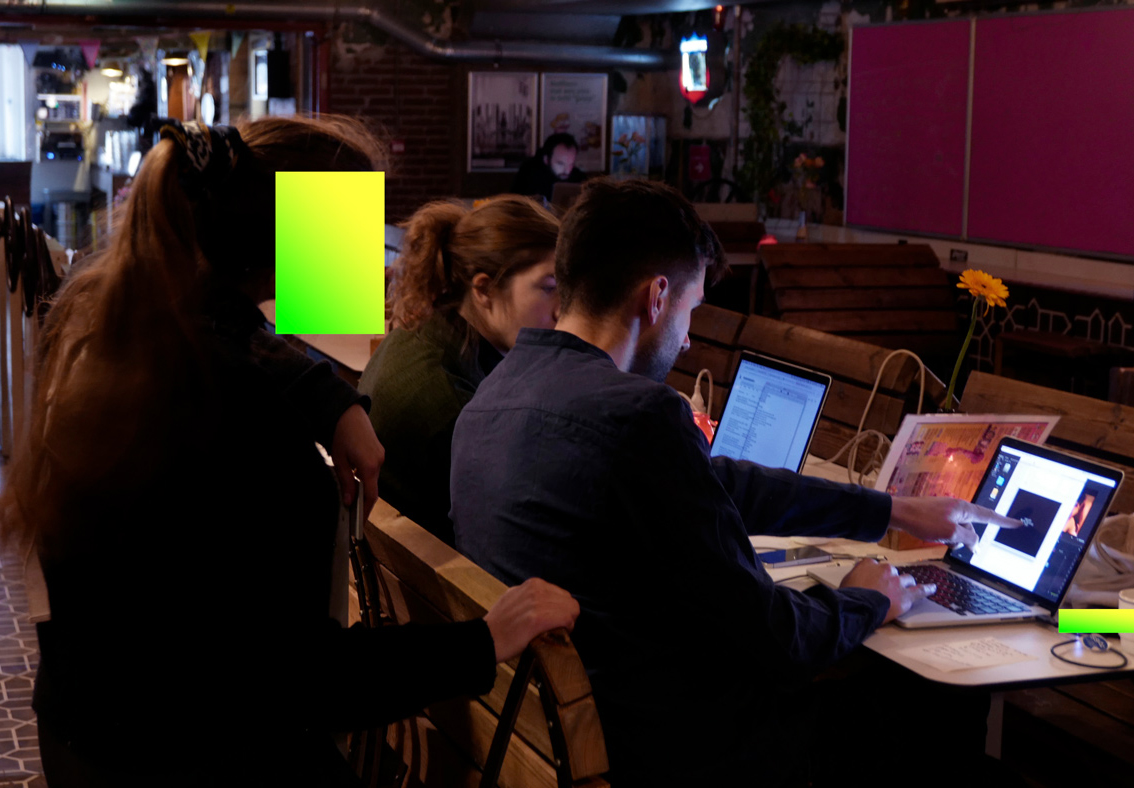
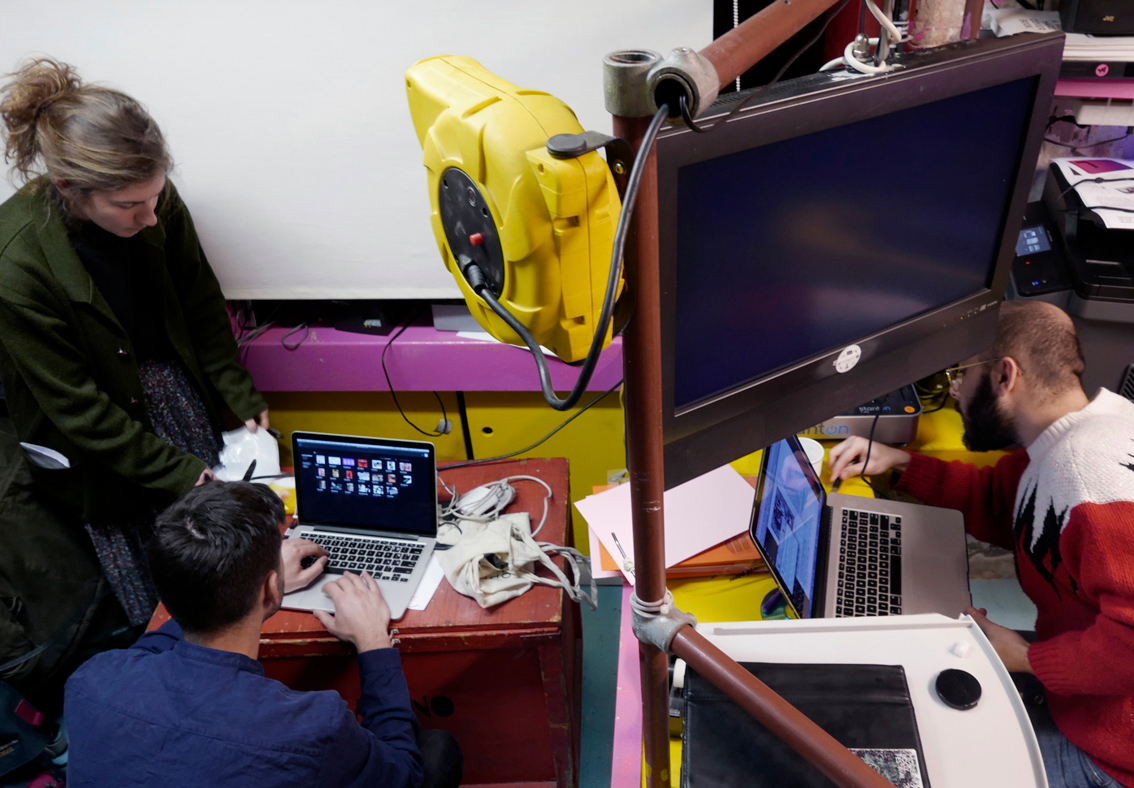
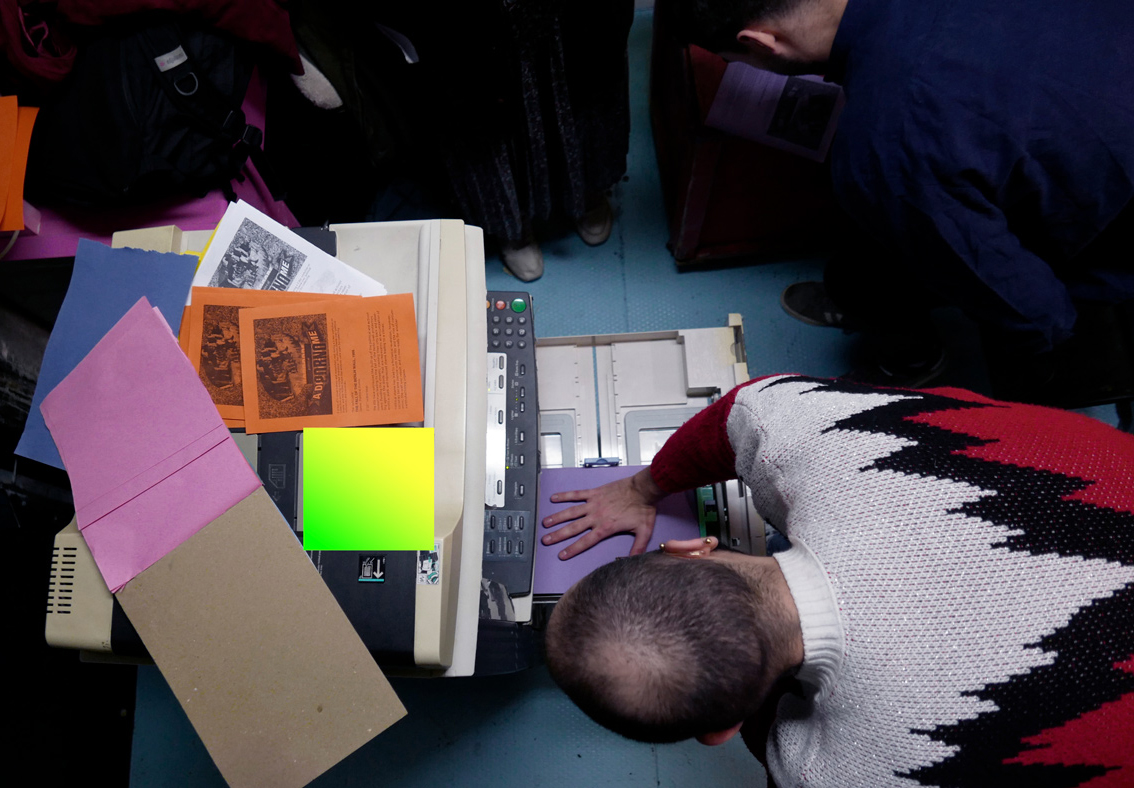
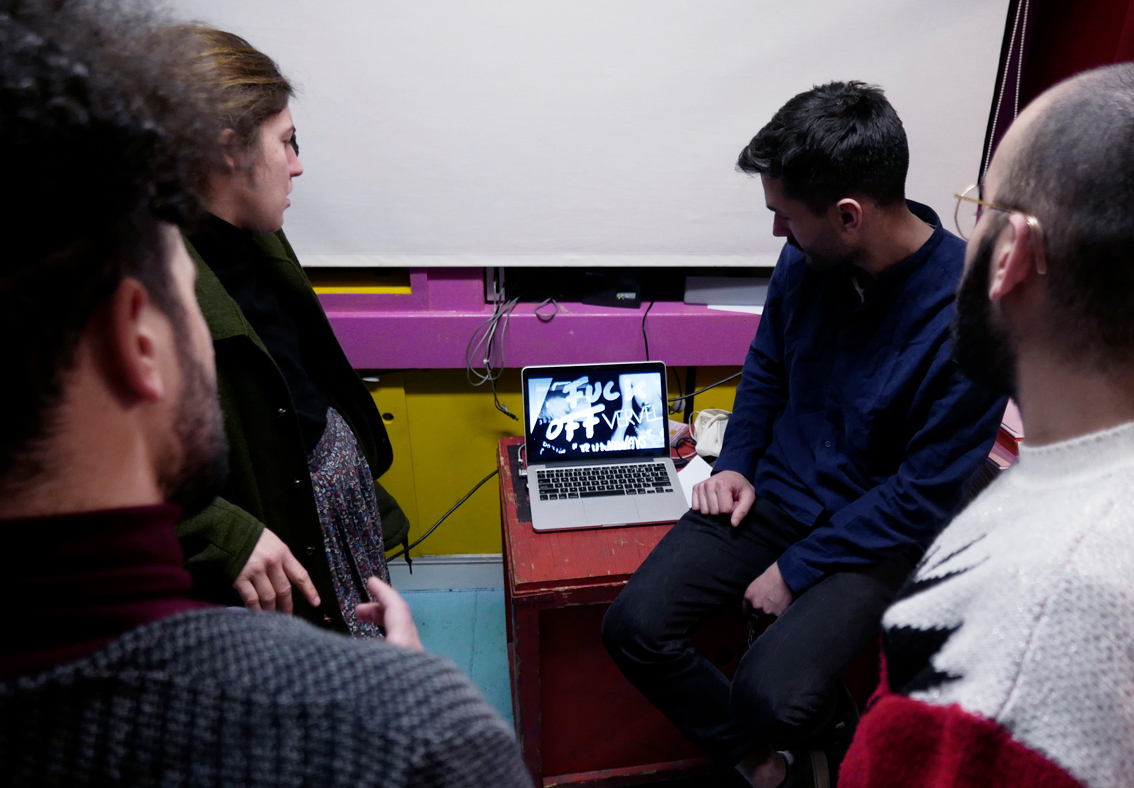
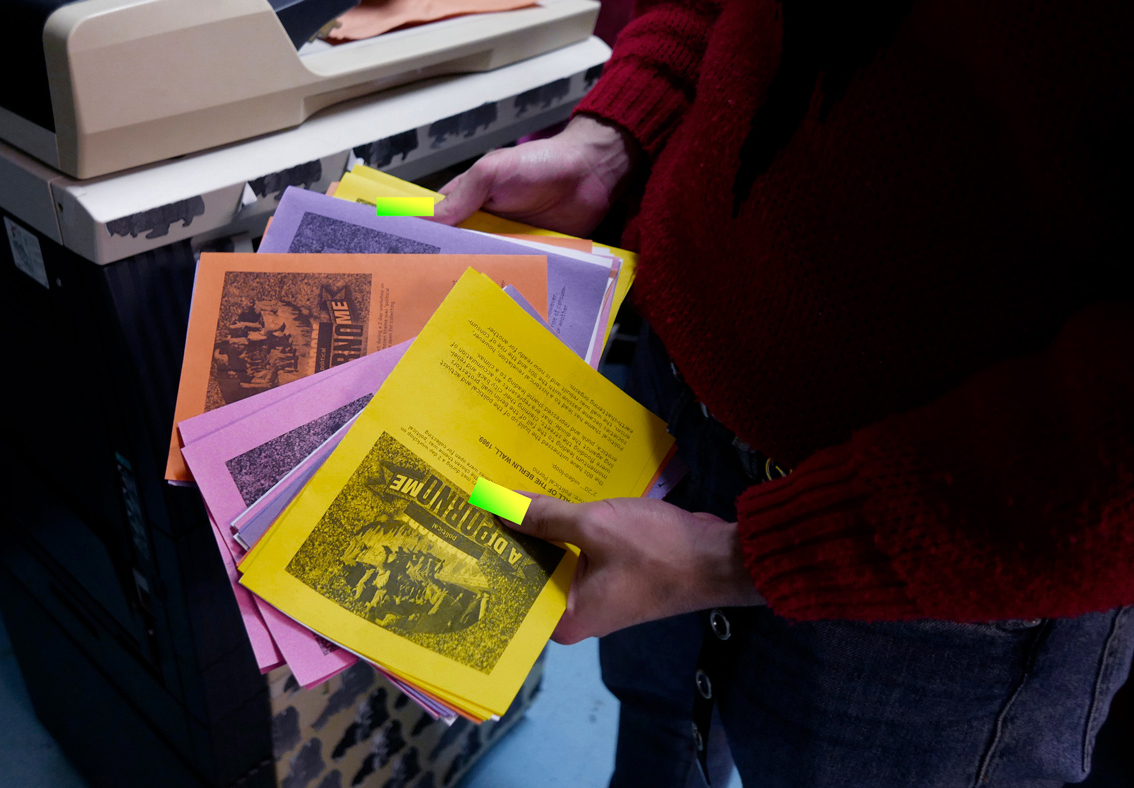
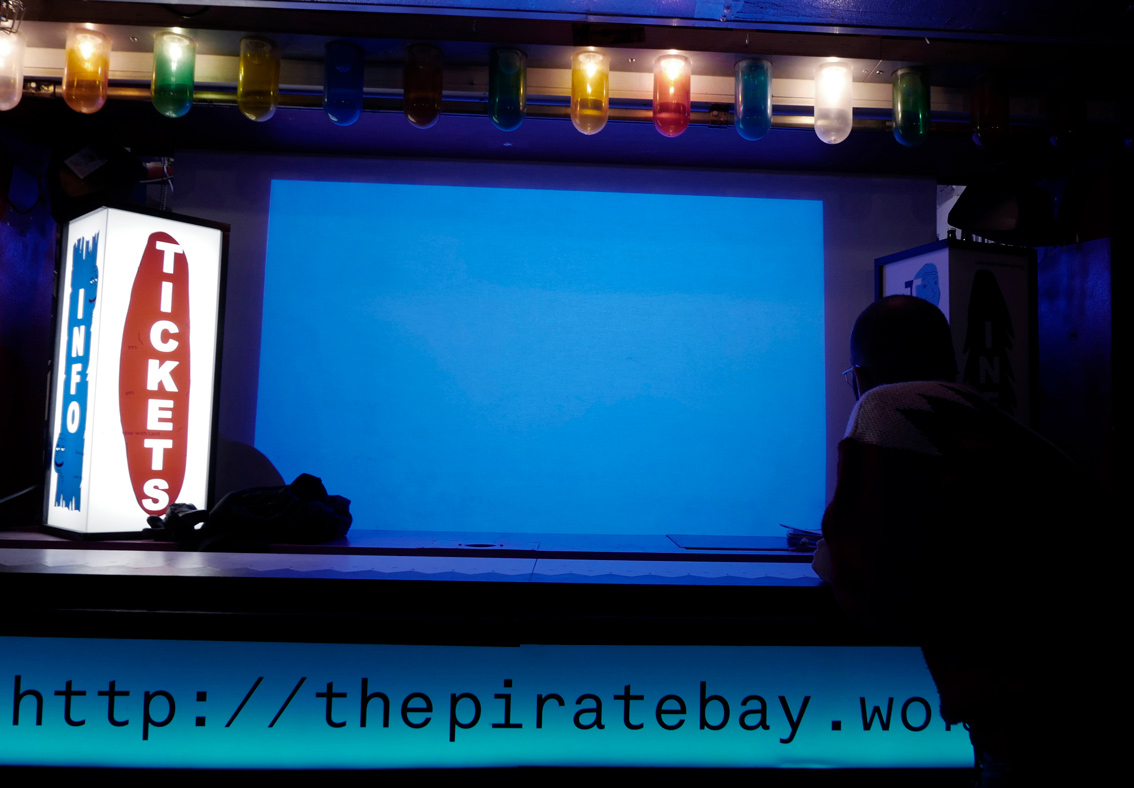
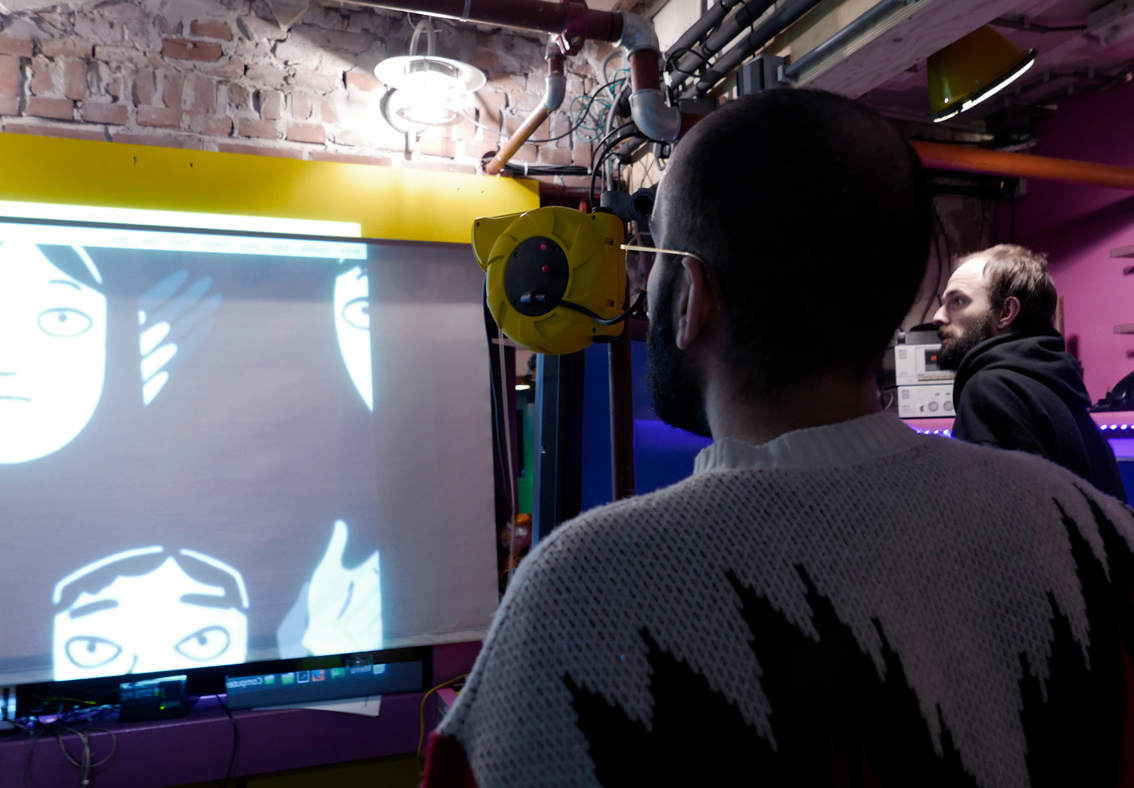
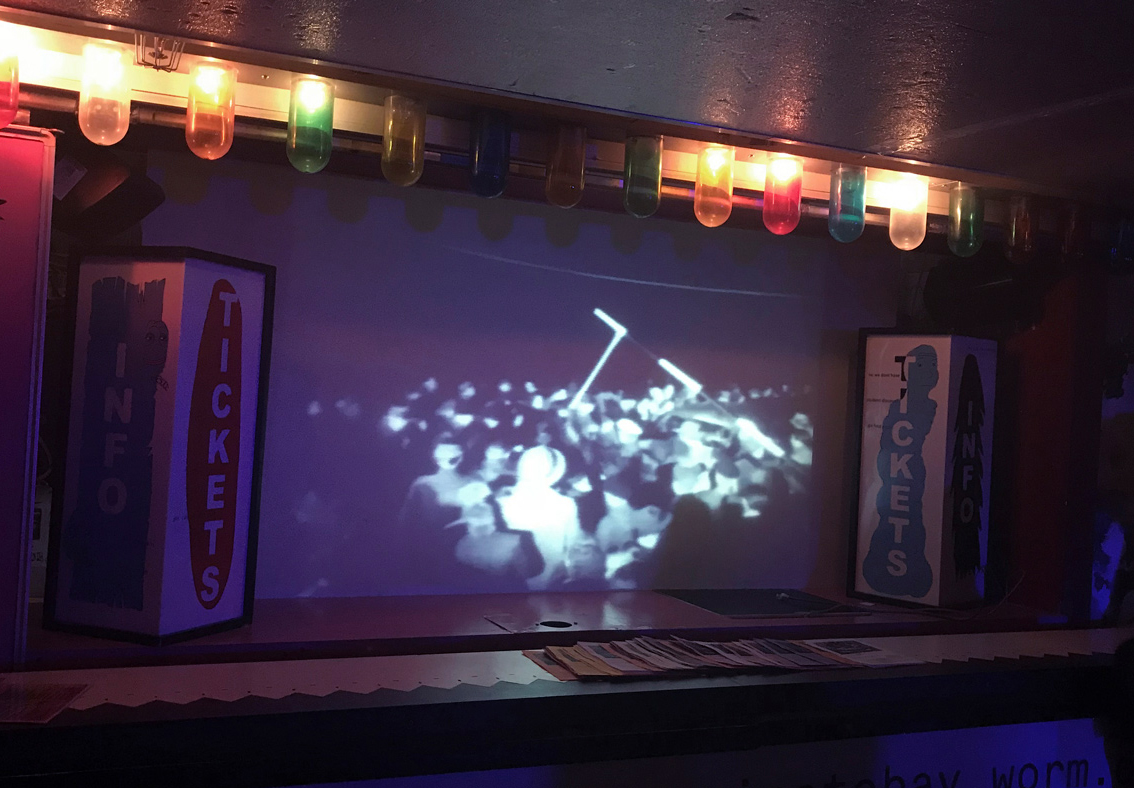
THE FALL OF THE BERLIN WALL, 1989. Genre: Political Porno. 2’20’’ video-loop.
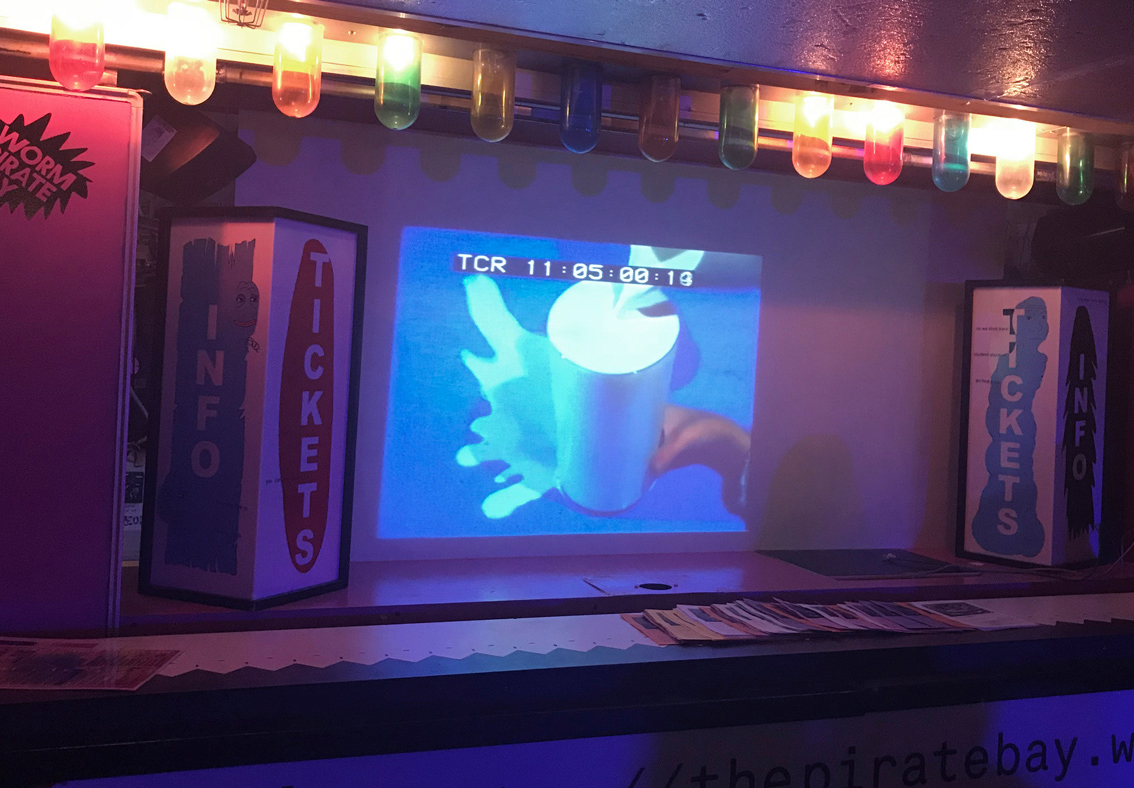
THE FALL OF THE BERLIN WALL, 1989. Genre: Political Porno. 2’20’’ video-loop.
